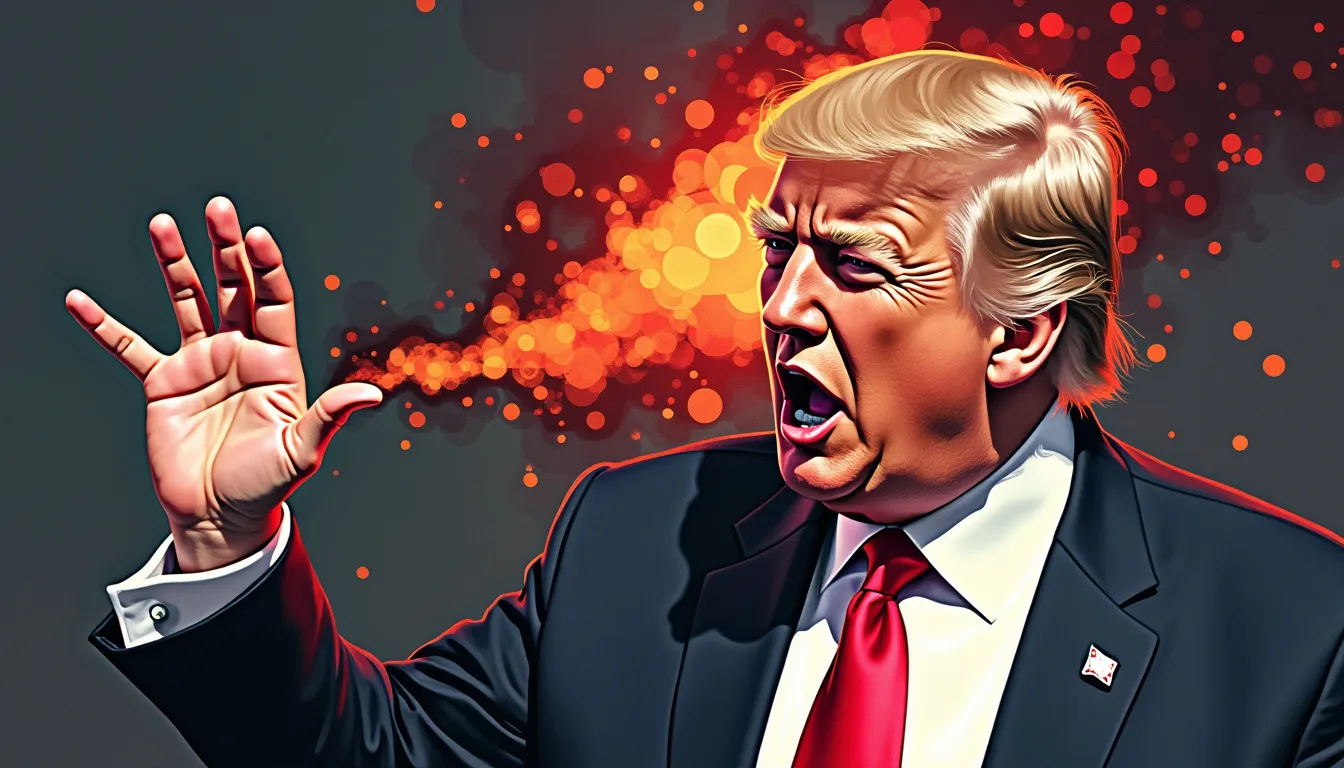
Study Reveals: 95% of Major Network Coverage of Trump Was Negative Following Second Assassination Attempt
A recent report has found that 95% of the major network coverage of former President Donald Trump following a second assassination attempt was negative. The findings raise questions about potential media bias and its impact on public perception and political discourse.
Coverage Analysis
The report analyzed the news segments from major networks and concluded that nearly all coverage of Trump after the assassination attempt portrayed him in a negative light. This revelation has fueled discussions about the objectivity and impartiality of the media.
Media Bias
According to the article on Breitbart, the examination of the media’s response suggests a substantial bias in their coverage. Critics argue that this bias manifests in an overwhelmingly critical tone toward Trump, even in the immediate aftermath of an assassination attempt.
Context of the Assassination Attempt
It is imperative to understand this negative coverage within the context of the recent assassination attempt on Trump. The concerning incident, which has heightened the former President’s security considerations, received less focused coverage compared to the critical reporting that followed.
Implications
The report posits that the magnitude of negative coverage extends beyond the assassination attempt, illustrating a broader trend of adverse portrayals of Trump by major networks. Such a trend could have profound implications on public opinion, potentially shaping political landscapes and discourse.
Ultimately, the study’s results underscore ongoing debates about the role of media bias in contemporary journalism and its effect on political narratives and public trust in news outlets.
